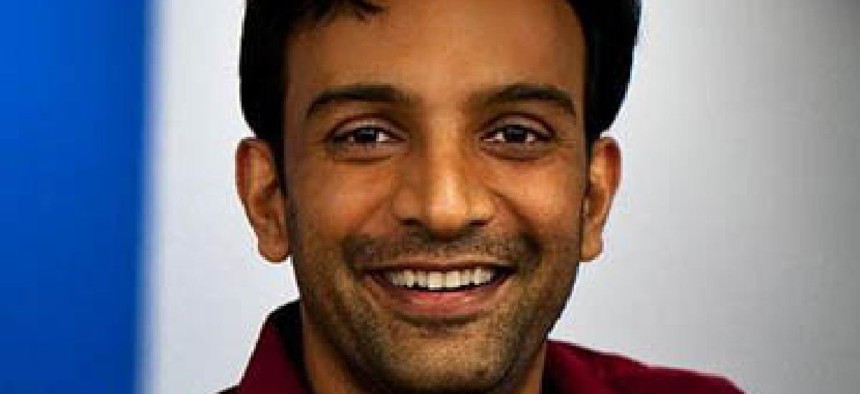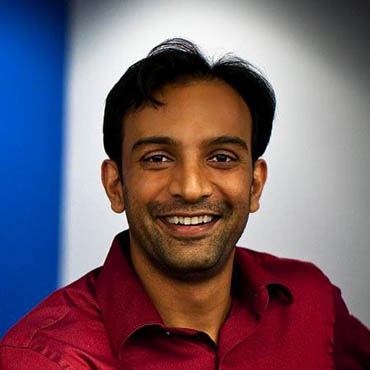Why open data needs a mission

DJ Patil, the Obama administration's top data scientist, believes open data has the power to help reveal and remediate social problems, but the data doesn't mean much without a mission behind it.

DJ Patil
The White House Office of Science and Technology Policy's top data scientist believes open data has the power to identify and begin to help remediate problems facing society, but the data doesn't mean much without a mission behind it.
DJ Patil, speaking at the Code for America conference in Oakland, said that while open data is a good start, its real impact comes from releasing data with the objective of solving problems.
Data has figured into policymaking throughout American history, but Patil said that "taking all the data that sits within the federal government and putting it back out in a highly digestible form so people can make better decisions" is what is new.
"Every time we have taken data and said 'go to town with it' without a mission, it's very hard for people to know what to do," said Patil. "But if we tell the country, 'we have a problem here, we don't know how to solve it, we need your help to specifically solve it,' then we see new ways we can open up the data for people to combine it with other data sets to get an assessment."
In order to fully leverage data to address societal problems, Patil said the first steps in enabling a constructive dialogue are getting a data scientist in the room, and talking to people close to the problem and asking how data can help to add context.
"Often times people say 'oh, you can do that with the data? I had no idea,'" Patil said. "We're doing the equivalent of product-building, but our weapon of choice is data."
He said this way of creative problem-solving can apply to a range of problems, including highway safety, improving policing, estimating the number of evacuations during natural disasters and solving health care problems. However, government needs to change its collective mindset from thinking of these approaches as "out of left field," Patil said. "We're doing the equivalent of product-building, but our weapon of choice is data."
Patil specifically pointed to the Precision Medicine Initiative as a successful example of this "radical shift."
"One of the seminal things was to say the the patient, the participant, the caregiver must be at the table as an equal," rather than relying on an advocate represent their interests, he said. "That changed the dynamic dramatically of what we think about what is patients' access to data, what is the responsibility to make sure they're included in the whole process? The tenor becomes much more real."
Patil also advocated the importance of repeatedly testing solutions and collaborating with diverse groups to encourage different perspectives and expedite innovation.
"When we open up the data so everyone works together on it, we get to that experimental frame because you may come up with something I may have never come up with because of my background or my limitations of my own creativity and experience," he said.


